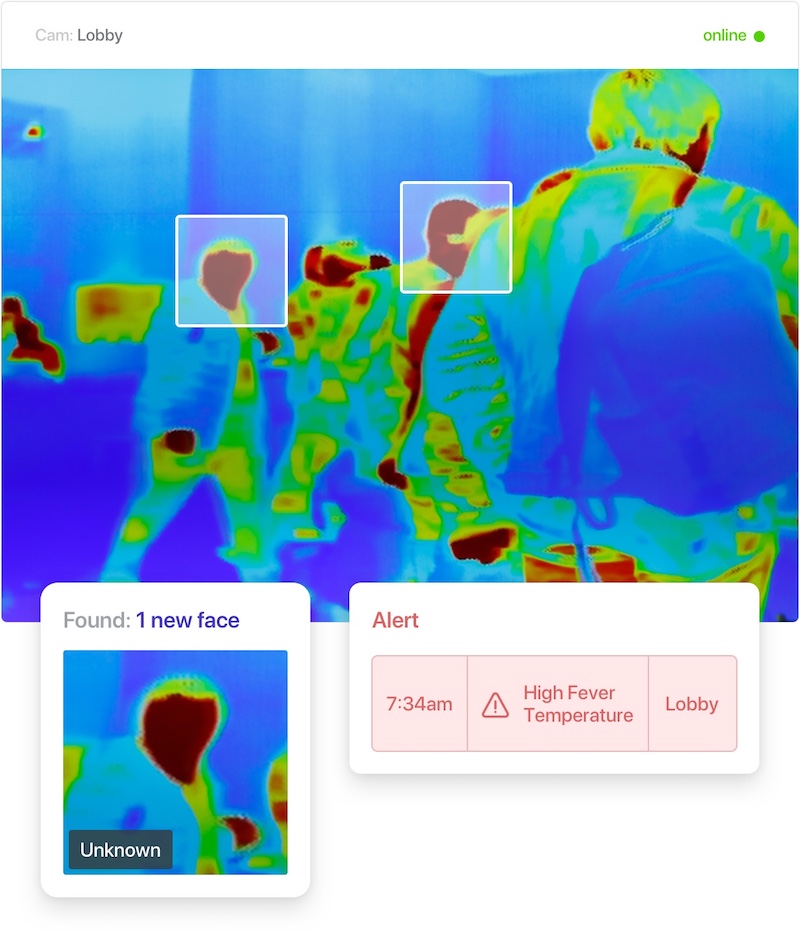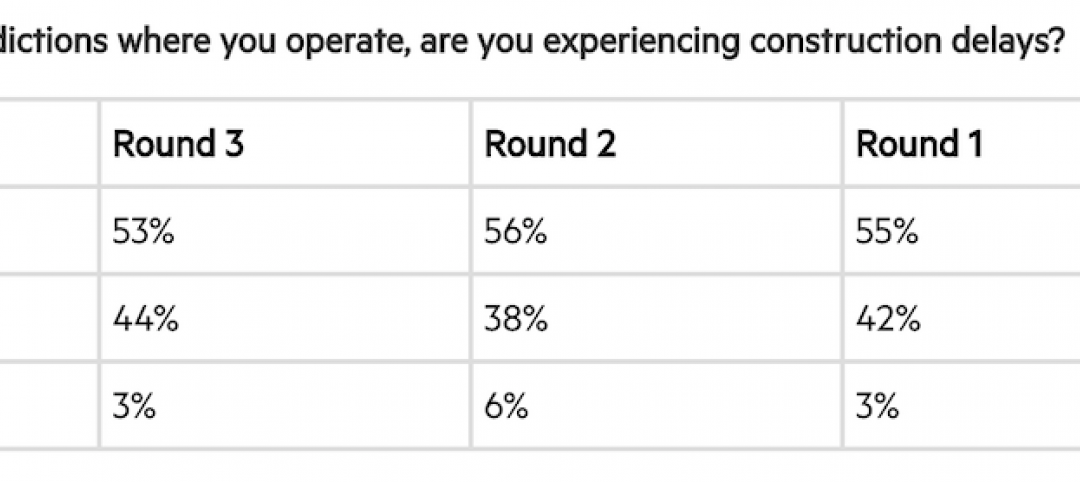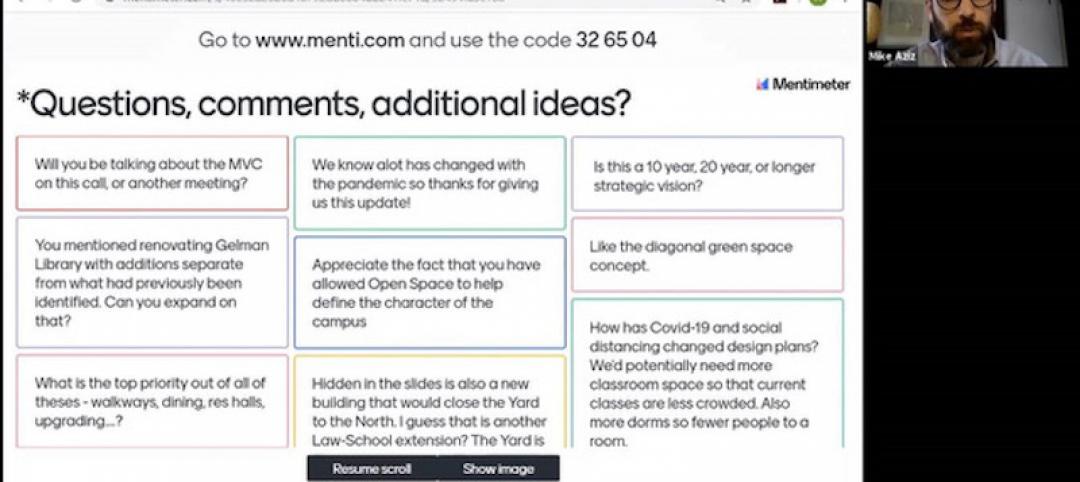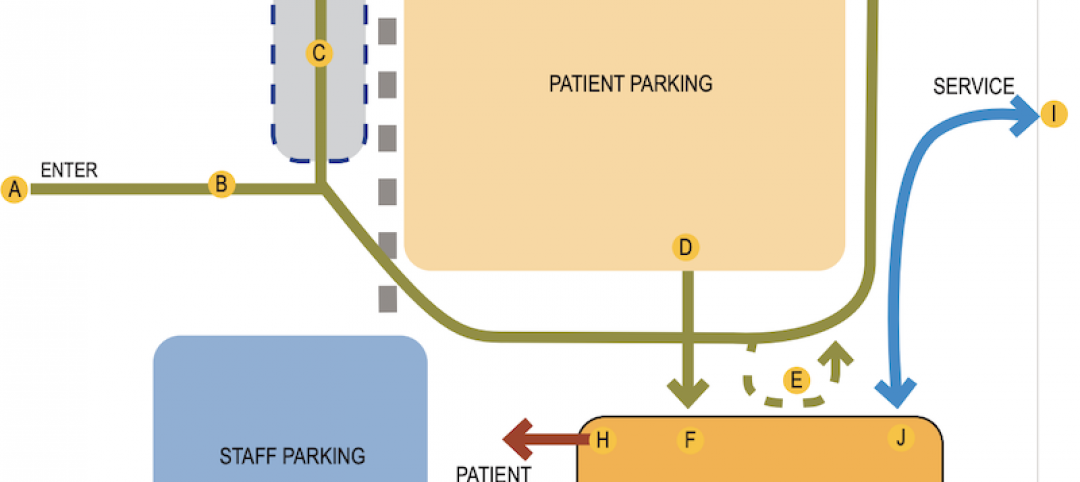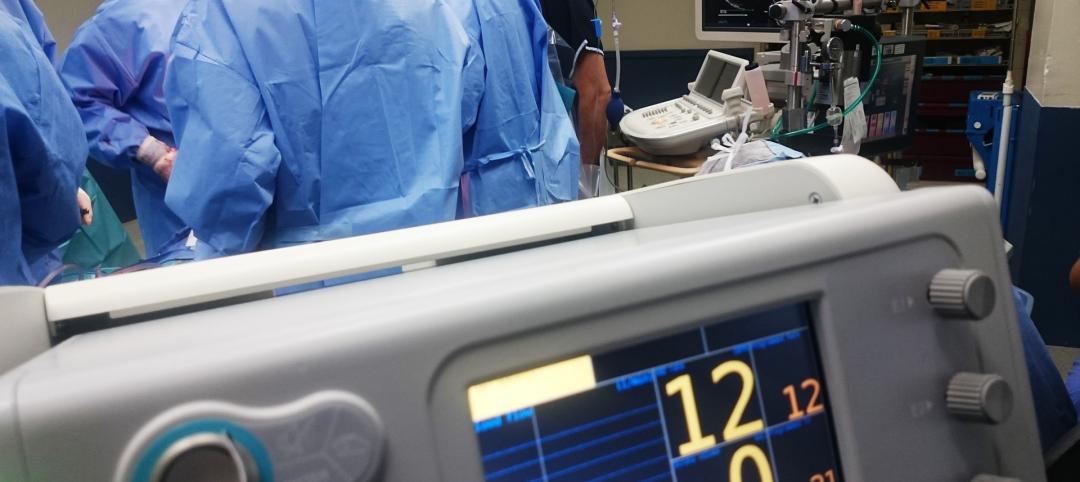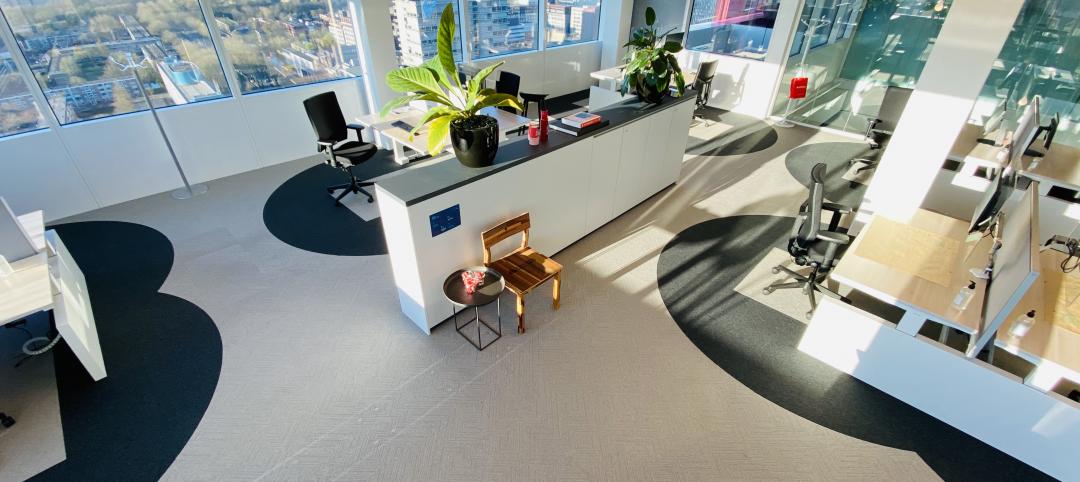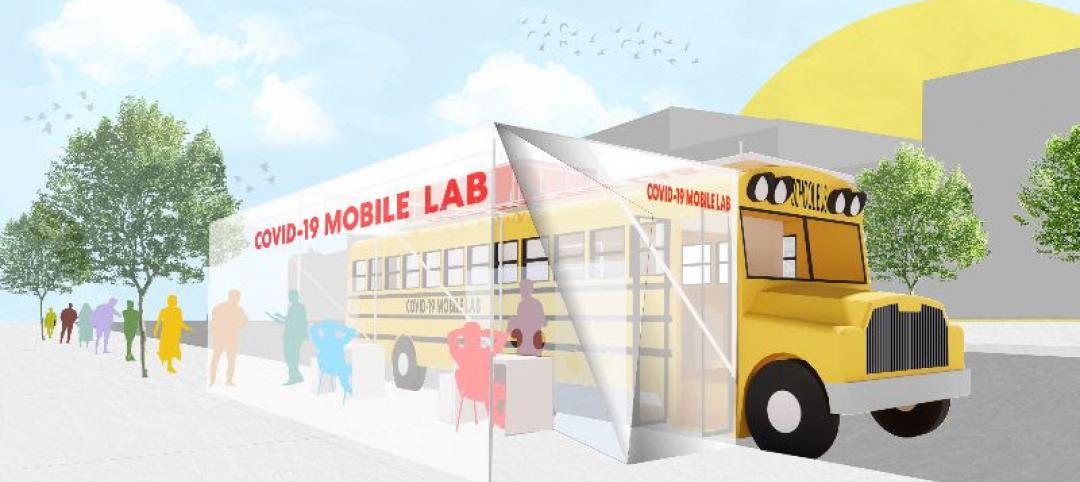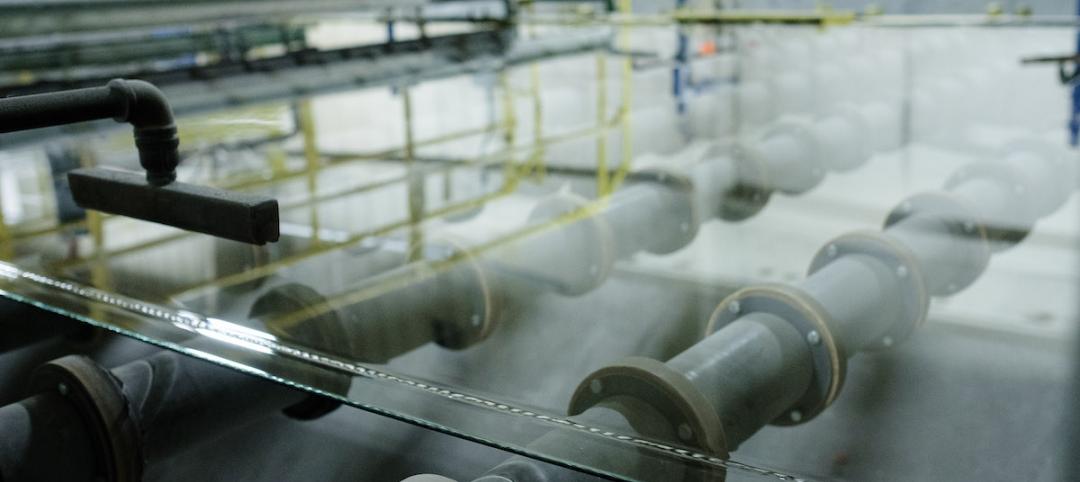Kogniz, an innovator in physical security and machine learning, is launching an AI-enabled camera and software system that scans groups and crowds entering a facility and identifies anyone with an elevated temperature. Called Kogniz Health, the highly-accurate solution alerts company personnel in real time so that any individual with a fever can be isolated as needed. The company already has more than 12 large customers, each using multiple cameras.
As state and local governments ramp up to protect the public against the COVID-19 pandemic as well as other illnesses, the scalable system offers a means for organizations to avoid the cost and risk of posting staff with handheld thermal devices at entrances to take individual temperatures. Kogniz Health Cams can be deployed at every entrance to an office, campus, warehouse or distribution center where many people are coming through.
“Companies want to keep their employees healthy and safe,” said Daniel Putterman, Co-founder and Co-CEO, Kogniz. “During a pandemic such as this one it is critical that organizations be able to quickly identify people who might be sick, and one way to do that is to detect fever. Handheld thermal guns are very expensive, labor intensive, and create a bottleneck. We are able to provide temperature detection for high-flow environments so individuals with elevated temperature can be further checked.”

How it Works
The Health Cam has an integrated thermal camera, optical camera and a high-resolution screen. It can be placed on a desk or counter, mounted on a wall, or placed on a tripod. As people walk by individually or in groups, their temperatures are checked in real time using highly-accurate infrared technology, and the image of any person showing an elevated temperature is displayed. Kogniz Health Cam can detect skin temperature up to 16 feet away.
The Health Cam uses advanced AI to detect a person’s temperature near the eyes to get the most accurate reading. The system does not require any additional equipment and adjusts automatically to changes in ambient temperatures.
Real-time alerts are sent over SMS, mobile push and Slack™. The live video stream, including temperature, is displayed on the Kogniz Health Cam display, and is available remotely in the Kogniz mobile app and web interface.
Kogniz Health Cams set up in minutes and can be added to an unlimited number of locations. Each camera integrates automatically with the Kogniz platform and can be viewed and managed from the Kogniz mobile app and web interface. Staff can set alerts for specific temperature ranges or for above a normal range.
Pricing and Availability
Prices for a single camera and a year-long subscription to the Kogniz AI platform start at less than $10,000.
Related Stories
Coronavirus | May 26, 2020
Multifamily developers report mounting delays in permitting and starts due to coronavirus pandemic
More than half (53%) of multifamily developer respondents reported construction delays in the jurisdictions where they operate, according to the third edition of the National Multifamily Housing Council (NMHC) COVID-19 Construction Survey.
Coronavirus | May 26, 2020
9 tips for mastering virtual public meetings during the COVID-19 pandemic
Mike Aziz, AIA, presents 9 tips for mastering virtual public meetings during the COVID-19 pandemic.
Coronavirus | May 22, 2020
Designing a health facility for the next pandemic
Planning with intent is the key to readiness, states Eppstein Uhen Architects, the guide’s author.
Coronavirus | May 22, 2020
COVID-19: Healthcare designers look to the future of medical facilities in light of coronavirus pandemic
The American College of Healthcare Architects (ACHA) has released the key findings of a survey of its members revealing their insights on the future of healthcare architecture and the role of design in the context of the COVID-19 healthcare crisis.
Coronavirus | May 18, 2020
Will empty hotels provide an answer for affordable housing shortage?
A Los Angeles-based startup sees the Midwest as most fertile for adaptive reuse.
Coronavirus | May 18, 2020
Infection control in office buildings: Preparing for re-occupancy amid the coronavirus
Making workplaces safer will require behavioral resolve nudged by design.
Coronavirus | May 18, 2020
Global design firms collaborate on new COVID-19 mobile testing lab to bring testing to vulnerable communities worldwide
Perkins and Will, Schmidt Hammer Lassen Architects, and Arup Group develop scalable solutions for increased testing capacity within high-density and under-served neighborhoods.
Coronavirus | May 11, 2020
Experts offer a 13-point plan to reduce coronavirus deaths in nursing homes
Two nationally recognized experts in the design of senior living facilities offer a 13-point plan to protect our frailest citizens.
Glass and Glazing | May 8, 2020
Vitro Architectural Glass releases guide on decontaminating glass surfaces
The five-page technical document offers methods for cleaning and sanitizing glass surfaces.
Coronavirus | May 7, 2020
White paper clarifies steps, roles for use of metal composite material
Responsibilities of manufacturers, distributors, and fabricators outlined.


